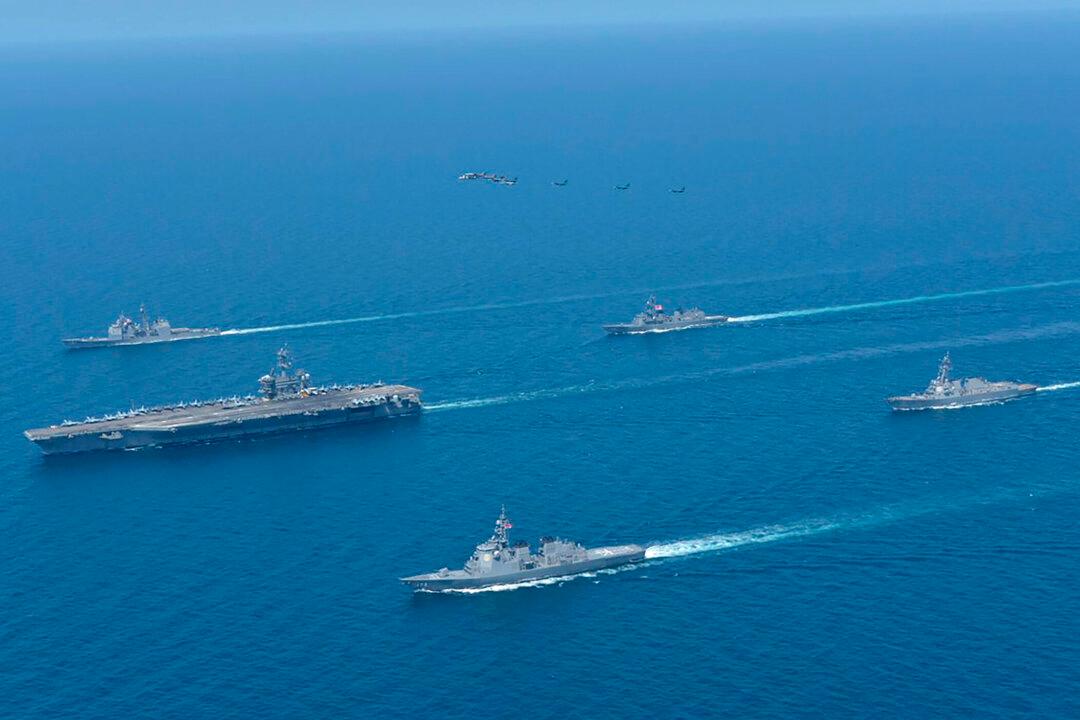Commentary
A Chinese acquaintance asks me about Japan every now and then, particularly why it has been “beefing up” its military in recent years.

A Chinese acquaintance asks me about Japan every now and then, particularly why it has been “beefing up” its military in recent years.